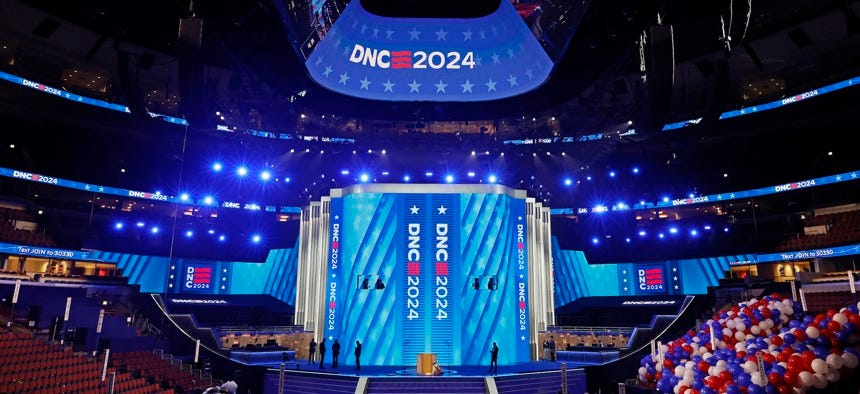Inside the Third Way Retreat: How Moderates Aim to Rebuild the Democratic Party
In early February a group of Democratic strategists, elected officials, and political operatives gathered at a retreat organized by the centrist group Third Way. The goal was clear: figure out how to win back working-class voters and chart a path forward for a party still grappling with its identity and message.
The conclusions they reached were candid —…




